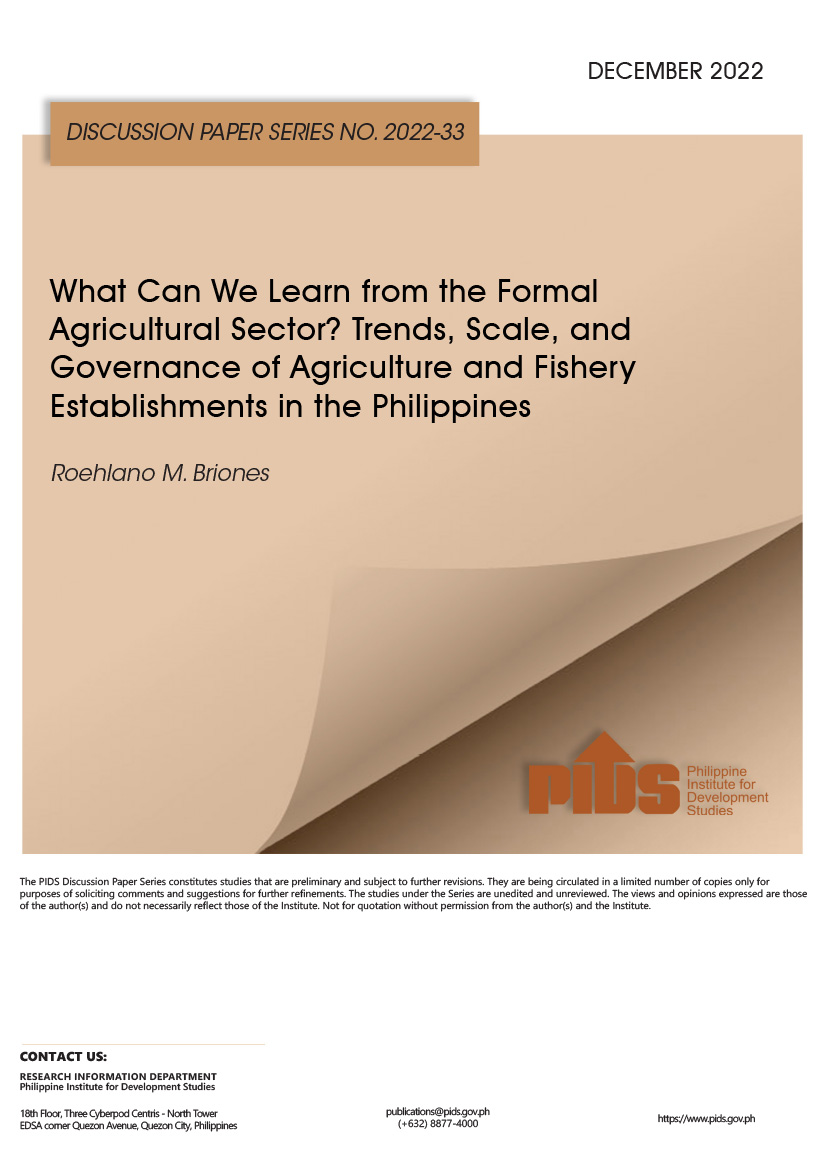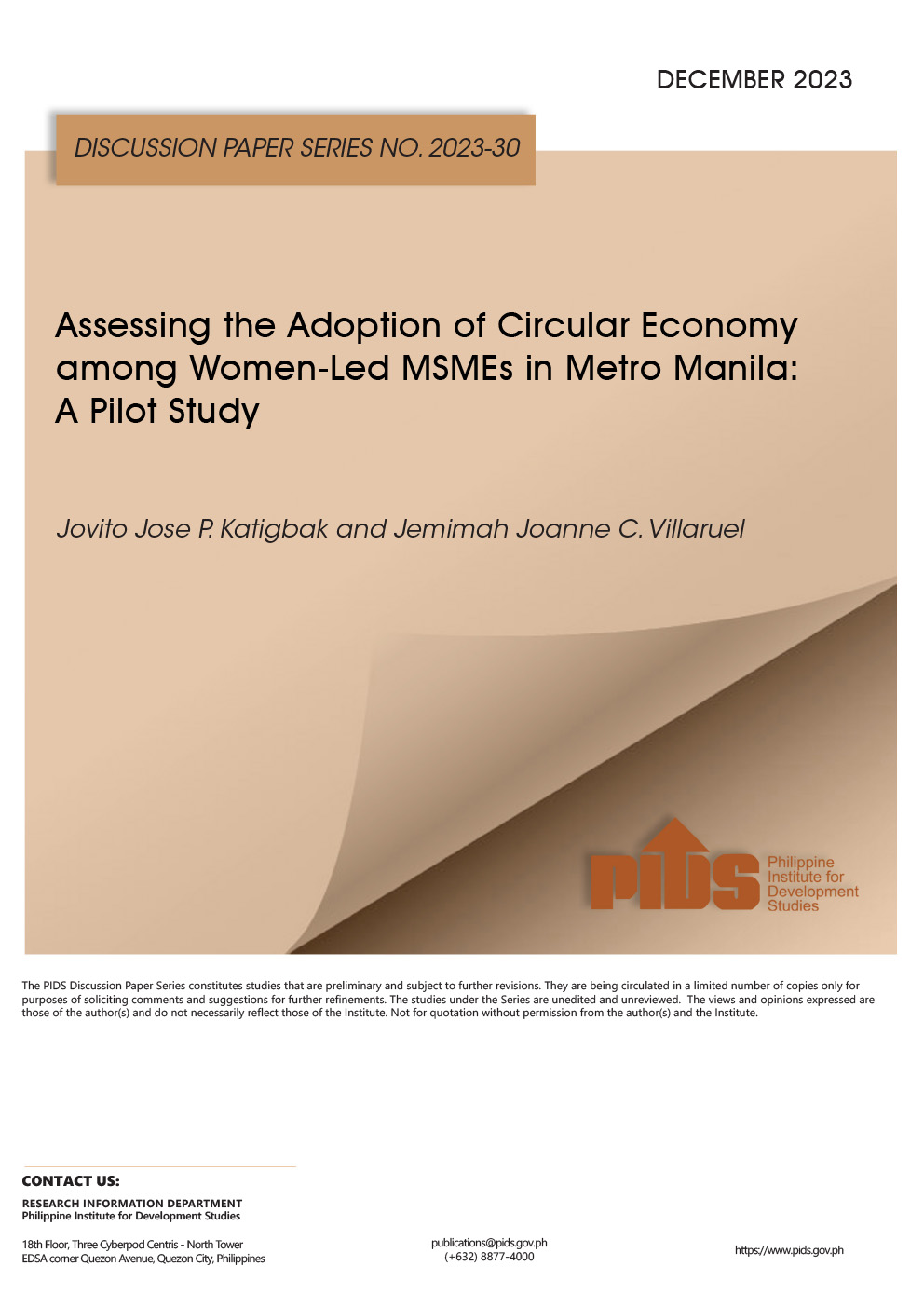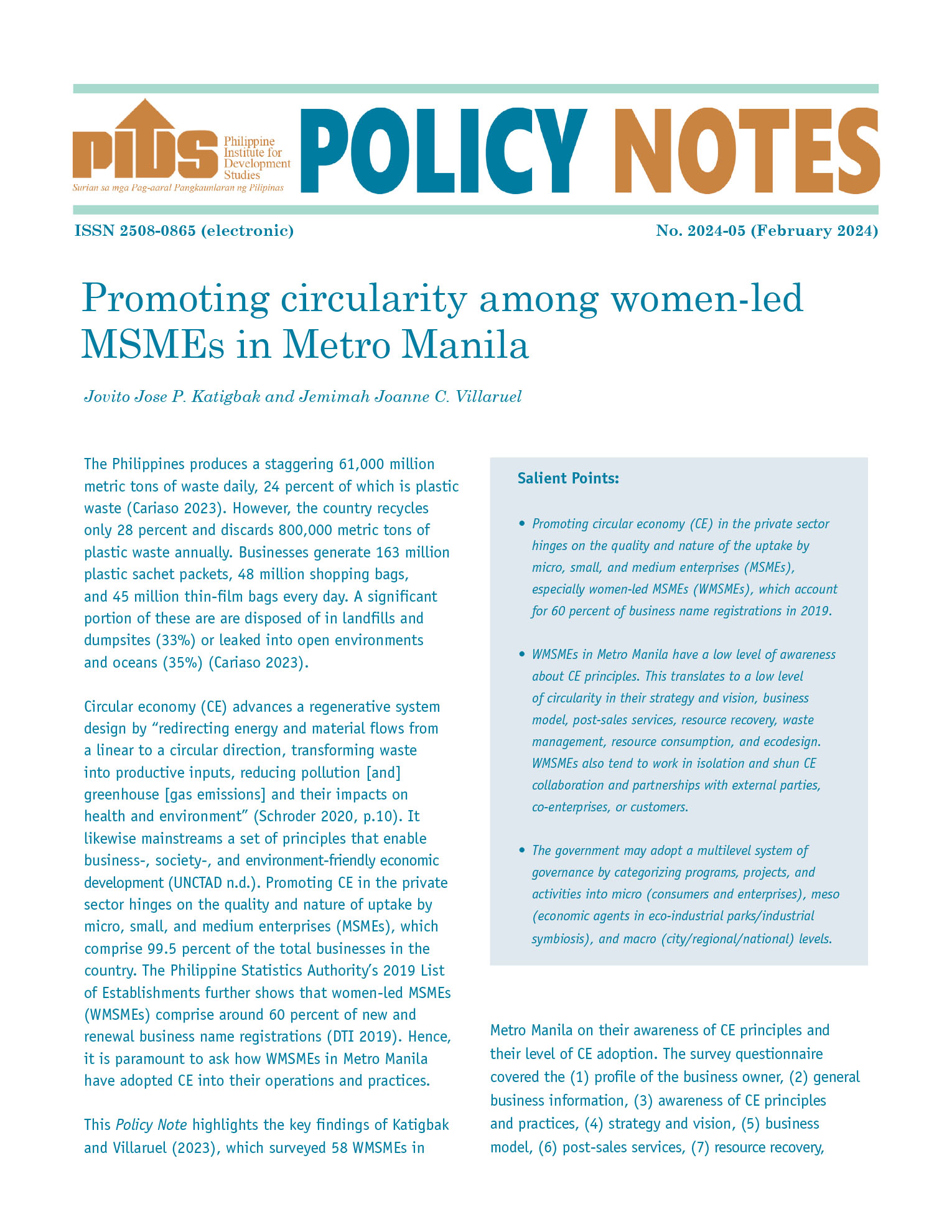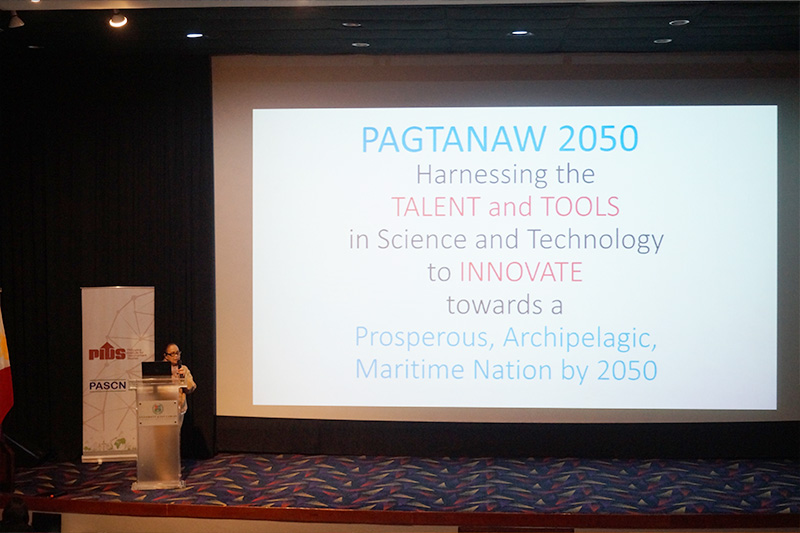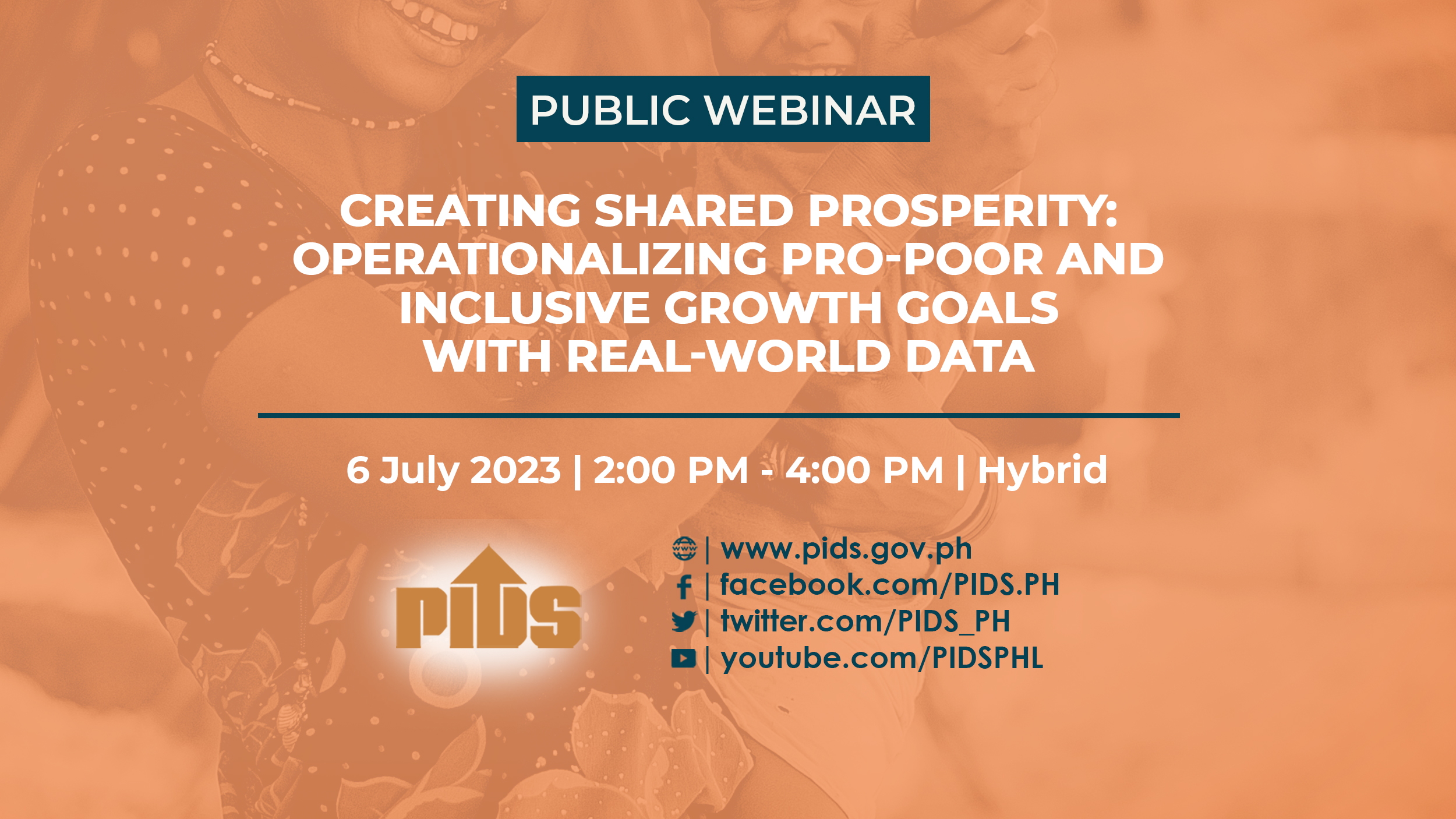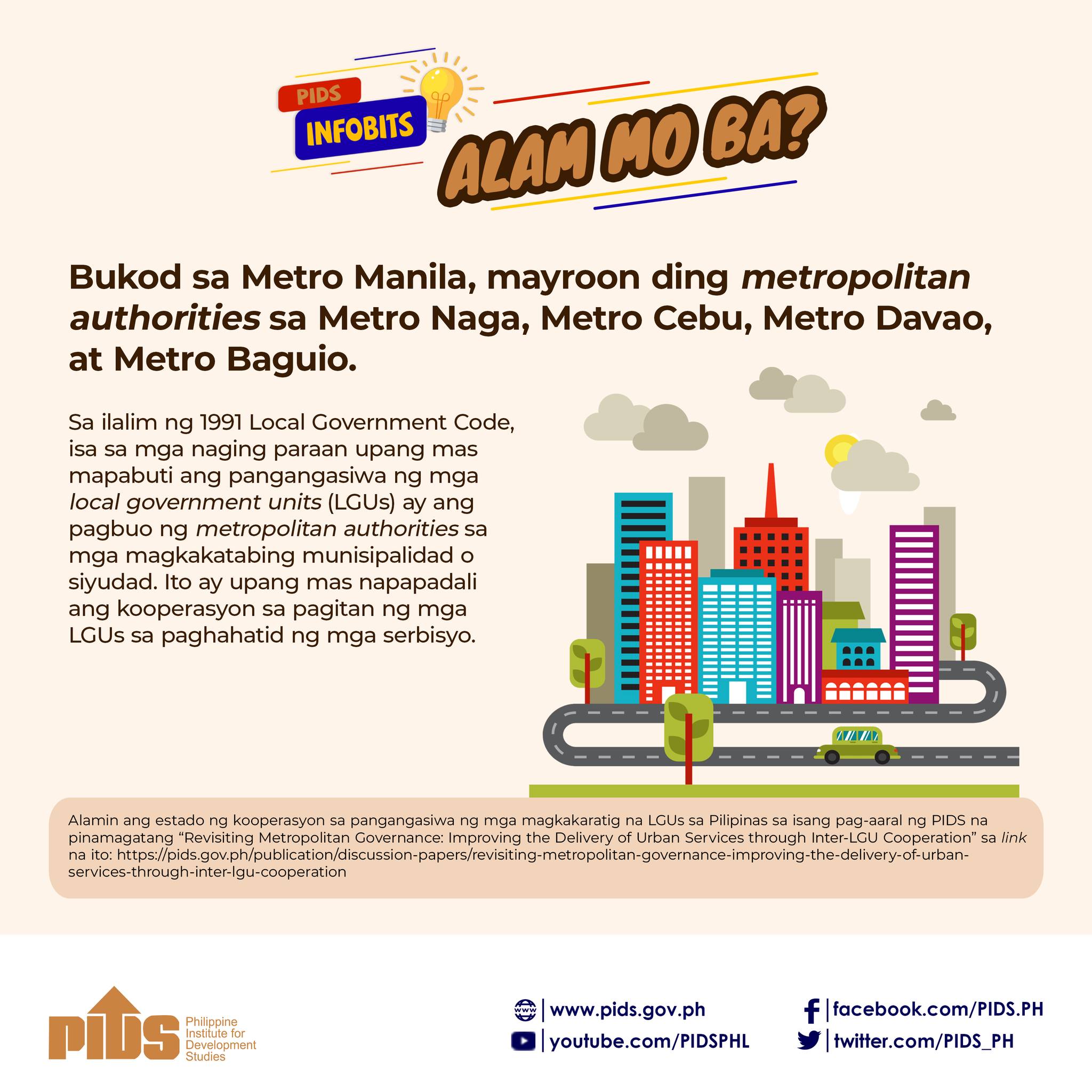The burgeoning of urban slums in cities nationwide can be addressed by the national government through the issuance of an executive order (EO), according to the World Bank.
In a policy paper, the World Bank said an EO can be issued by the president to create a task force to resolve land-proclamation issues.
The World Bank said the Presidential Interagency Task Force should include the Metropolitan Manila Development Authority and concerned cities that have problems with proclamations of land.
“Proclamations of government lands have remained problematic for a long time, owing to the mandated bureaucratic process and weak due diligence in land investigation work before issuance. This constrains the availability of government lands for ISFs [informal- settler families, or squatters],” the World Bank said.
“There seems to be no easy resolution in sight, in the absence of a concerted effort to exhaust all means possible in addressing the problems through the joint action of all agencies concerned,” it added.
The task force must resolve and decide on all issues affecting implementation of proclamations that cannot be resolved at the operational level.
The World Bank said it must also call other government agencies and institutions to support the implementation of proclamations and serve as an oversight body in the implementation of proclamations and projects.
The task force must also review, assess and recommend options to improve the mechanics and procedures in pre- and postproclamation processes of affected agencies.
“[The task force can also] investigate and recommend to the president the filing of appropriate cases pertaining to causes of delay or nonimplementation of proclamations/projects; and identify and recommend areas for the issuance of presidential proclamations,” the bank added.
The World Bank said there is no exact estimate of how many squatters are currently living in Metro Manila. However, it could be anywhere from over 250,000 to 3 million.
The Washington-based lender added that the estimates range from over 250,000 families to approximately 600,000 families in Metro Manila alone.
The bank said this translates to about one out of every four people in Metro Manila residing in squatter areas with no security of tenure.
“As the number of ISFs grows, the absolute number of poor families also increases, causing ‘urbanization of poverty,’” the World Bank added.
In 2011 the Philippine Institute for Development Studies (PIDS) said not all households living in slums are income-poor and only 32 percent of the slum population are poor, based on the national poverty line of P20,688 per capita per year.
The bulk, or around 68 percent, live above the poverty line and can spend between $2 and $4 per day, but reside in poor living environments. These households are usually headed by minimum-salaried or -wage earners, as well as casual workers, who continue living in slums for lack of any better choice.
Further, because they are minimum-wage earners, they also cannot afford the traveling cost of living in less-expensive “peri-urban regions for work and income-earning opportunities in urban centers.”
In addition, PIDS said that not all those who are poor live in slum settlements but are scattered around the city in places that have similar physical environment as the slums and are bereft of quality and sufficient infrastructure facilities and secure tenures.//
In a policy paper, the World Bank said an EO can be issued by the president to create a task force to resolve land-proclamation issues.
The World Bank said the Presidential Interagency Task Force should include the Metropolitan Manila Development Authority and concerned cities that have problems with proclamations of land.
“Proclamations of government lands have remained problematic for a long time, owing to the mandated bureaucratic process and weak due diligence in land investigation work before issuance. This constrains the availability of government lands for ISFs [informal- settler families, or squatters],” the World Bank said.
“There seems to be no easy resolution in sight, in the absence of a concerted effort to exhaust all means possible in addressing the problems through the joint action of all agencies concerned,” it added.
The task force must resolve and decide on all issues affecting implementation of proclamations that cannot be resolved at the operational level.
The World Bank said it must also call other government agencies and institutions to support the implementation of proclamations and serve as an oversight body in the implementation of proclamations and projects.
The task force must also review, assess and recommend options to improve the mechanics and procedures in pre- and postproclamation processes of affected agencies.
“[The task force can also] investigate and recommend to the president the filing of appropriate cases pertaining to causes of delay or nonimplementation of proclamations/projects; and identify and recommend areas for the issuance of presidential proclamations,” the bank added.
The World Bank said there is no exact estimate of how many squatters are currently living in Metro Manila. However, it could be anywhere from over 250,000 to 3 million.
The Washington-based lender added that the estimates range from over 250,000 families to approximately 600,000 families in Metro Manila alone.
The bank said this translates to about one out of every four people in Metro Manila residing in squatter areas with no security of tenure.
“As the number of ISFs grows, the absolute number of poor families also increases, causing ‘urbanization of poverty,’” the World Bank added.
In 2011 the Philippine Institute for Development Studies (PIDS) said not all households living in slums are income-poor and only 32 percent of the slum population are poor, based on the national poverty line of P20,688 per capita per year.
The bulk, or around 68 percent, live above the poverty line and can spend between $2 and $4 per day, but reside in poor living environments. These households are usually headed by minimum-salaried or -wage earners, as well as casual workers, who continue living in slums for lack of any better choice.
Further, because they are minimum-wage earners, they also cannot afford the traveling cost of living in less-expensive “peri-urban regions for work and income-earning opportunities in urban centers.”
In addition, PIDS said that not all those who are poor live in slum settlements but are scattered around the city in places that have similar physical environment as the slums and are bereft of quality and sufficient infrastructure facilities and secure tenures.//

